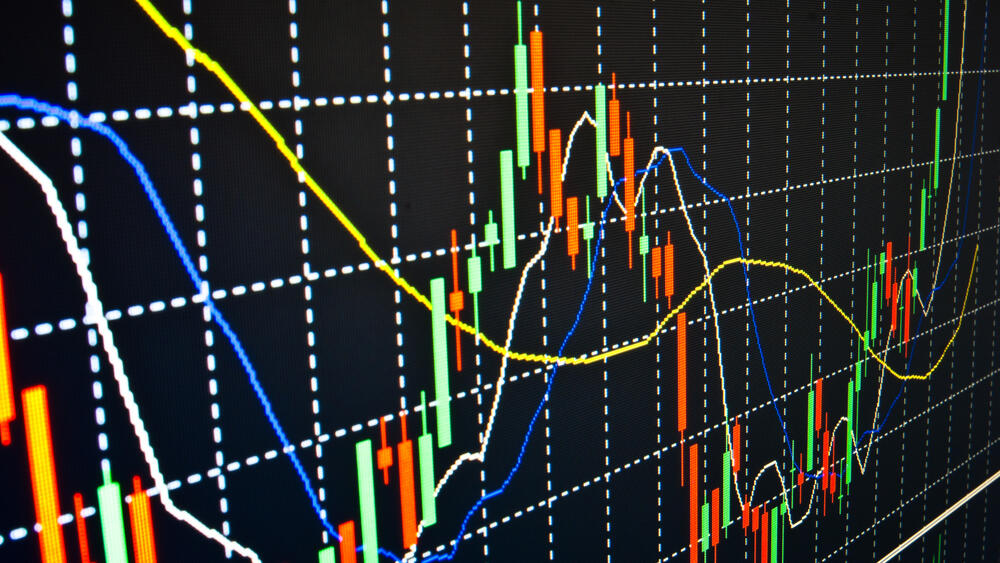Hub Security, an Israeli cybersecurity company founded by veterans of elite IDF intelligence units including 8200, has been making waves with its groundbreaking encryption technology and will soon be traded on Naqdaq.
Among the company’s customers are the Pentagon, Lockheed Martin, Siemens, and the Defense Ministry, with future contracts offering $500 million for their new technology.
After a drop of 9% in stock value at the Tel Aviv exchange, which came after a 60% rise annually, the company announced a merger with U.S.-based Mount Rainier SPAC.
Having completed the research and development stage for its product, Hub is estimated at $1.28 billion worth, while Israelis still remain apprehensive about investing in it.
While investors in the U.S. look carefully at a company's future sales and contracts and analyze their stability and market reach, Israeli investors in the technology industry believe Israeli companies usually toot their own horns to increase market value.
In the American view, if a U.S. technology company’s price-to-earnings ratio stands at a median income of 14.2, according to Hub Security’s sales report, the company should be worth $2.1 billion – almost double the amount claimed as it begins trading on Nasdaq.
Hub, however, estimated its median income lower at 11.7, leading it to the worth estimates it had stated previously.
Israeli investors while still suspicious of quick value jumps are also weary of exchange rates and the fact that foreign investors in the Tel Aviv market have refrained from investing in the company, despite its lower price. It is unclear whether company stocks will be purchased at $10 a share.
To see if these claims are correct, we need to look into the U.S. stock market. Like in Israel, a large quantity of trading is done by institutional investors, while day-to-day trading is done by private investors. All of the claims, however, are true only in relation to private investors.
For American investors, a company traded outside the U.S., like private companies - are unregulated therefore Hub can now attempt to increase its worth on Wall Street.
Hub will be tested to see if it can attract institutional investors from Japan, the U.S., and Canada in its first months of trading. Should it manage to do so, it will likely be able to find private buyers for their stock in the U.S. market and make a profit.
Hub’s current shareholders will likely see increased trading in the coming days and a fluctuation in stock prices, alongside the sale of exchange-traded funds (ETF) ahead of the stock being pulled out of the local market.
Following that the company will have to inform the Israel Securities Authority of its intention to no longer be traded in Israel. After that, there will be 10 days of intense trading before Hub begins being traded on Nasdaq.
There are always inherent risks in financial markets but this is certainly an unprecedented transaction by Hub in regards to its corporate structure, its projections and the jump in its value. But many investors are convinced that the fundamental data supports the value estimates, so if the company manages to gin up enough interest, it could make history in one of the more impressive transactions of the Israeli market




